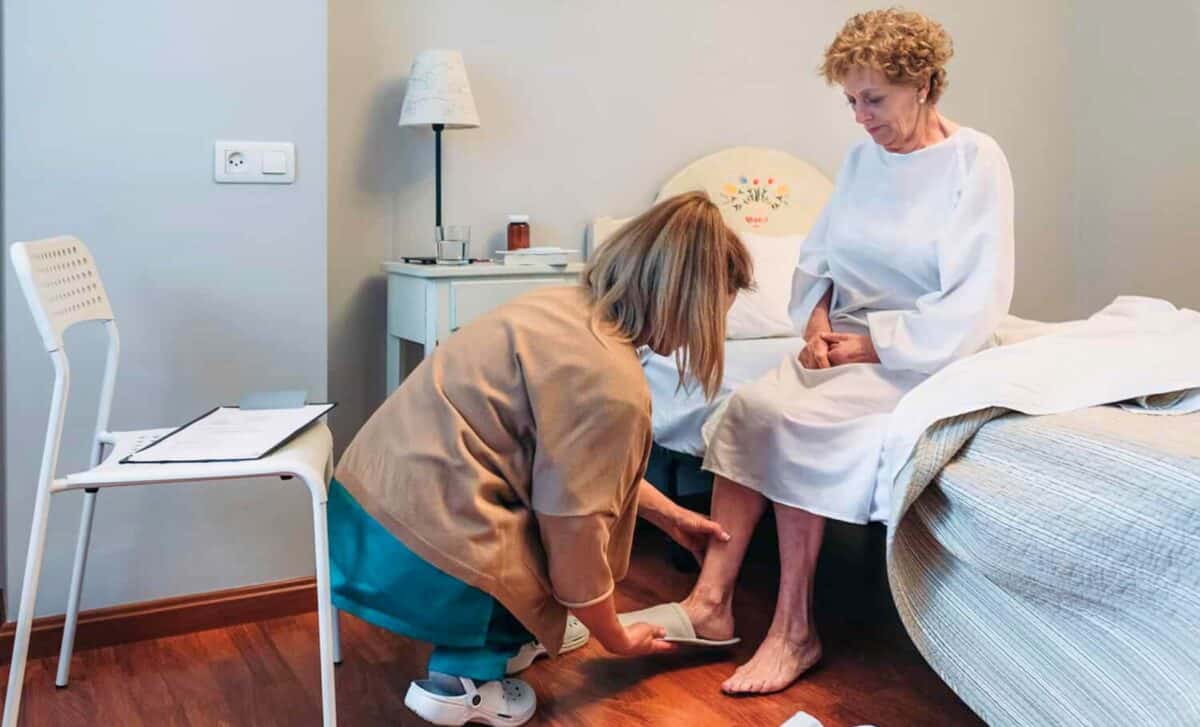Millions of carers in the UK are not receiving the support they need through programs such as carer’s credit or carer’s allowance. Looking after another person for at minimum of 20 hours a week has the potential to significantly increase a person’s state pension benefits, potentially adding an extra thousand of pounds to their pension. Those who qualify could also receive almost £4,000 a year through Carer’s Allowance.
What is Carer’s credit?
Carers’ Credit is a National Insurance credit available to anyone who provides at least 20 hours of unpaid care per week. This credit is aimed primarily at protecting your National Insurance record from potential gaps that may arise if you have to leave paid employment to look after someone.
In addition, Carers’ Credit could significantly increase your potential state pension entitlement. Typically, the full state pension currently stands at £203.85 per week, but attaining this maximum amount typically requires around 35 full National Insurance years.
Different Types of Carer’s Credit
Two different forms of help are available, depending on the number of hours you spend caring for someone each week:
- Carers’ Credit for 20–35 Hours a Week
If you’re of working age and provide 20 to 35 hours of weekly unpaid care for one or more individuals who need daily assistance and receive certain benefits, you might qualify for this form of Carers’ Credit.
- Carers’ Allowance for 35+ Hours a Week
If you’re aged 16 and over, earning less than £139 per week (after tax), and providing 35+ hours of weekly care for someone who requires daily assistance and is claiming certain benefits, you may be due a Carers’ Allowance, worth £76.75 per week.
Who is Eligible?
To be eligible for Carers’ Credit, you must satisfy three primary conditions:
1- You should be aged between 16 and the state pension age.
2- You must care for one or more individuals for at least 20 hours per week.
3- The person(s) you’re caring for should typically receive one or more of these benefits:
- Disability living allowance (‘care component’ at the middle or highest rate)
- Attendance allowance
- Constant attendance allowance
- Personal independence payment (the daily living part at the standard or enhanced rate)
- Armed forces independence payment
- Child disability payment at the middle or highest rate
- Adult disability payment daily living component at the standard or enhanced rate
Claiming the Carer’s Credit
Claiming Carer’s Credit involves a number of straightforward steps:
- Step 1: Verify the projected amount of your state pension
Before you claim Carer’s Credit, checking your State Pension forecast is essential. Unless you are already on track for the full State Pension, the additional Carer Credit will not increase your entitlement beyond the maximum level. You can check your State Pension forecast using the State Pension Forecast Calculator.
- Step 2: Verify Your Eligibility
To confirm your eligibility for Carers’ Credit, ensure that you meet the three criteria outlined above. For any queries, please contact the Carer’s Allowance Unit at 0800 731 0297.
Step 3: Complete the Application Form
The final step involves downloading and completing the Carer’s Credit Claim Form. The form includes a ‘care certificate’ that a health or social care professional must sign for you.
One other important point to note about the Carer’s Credit is that, if you qualified in the previous year, it is possible to actually backdate your claim in order to get the NI credit for that year as well. Therefore, a claim made before 5 April 2024, for instance, can be backdated to the start of the 2022/23 tax year.









